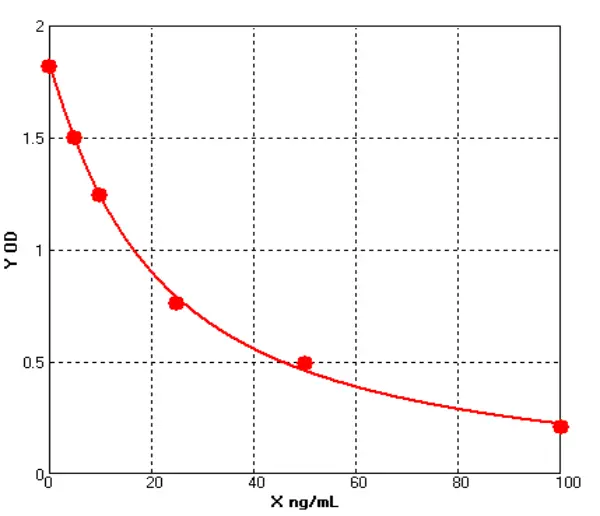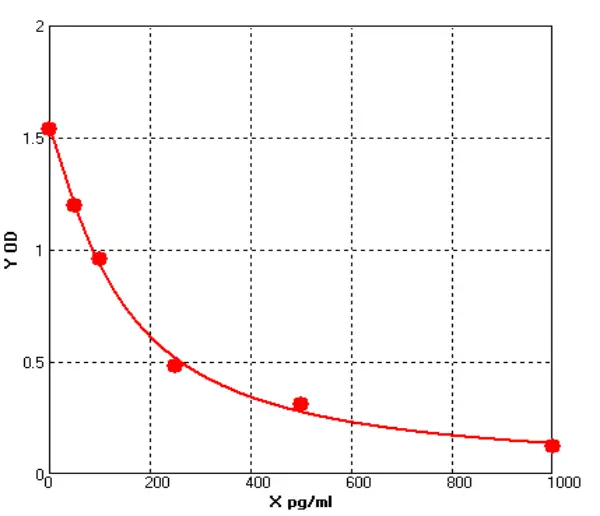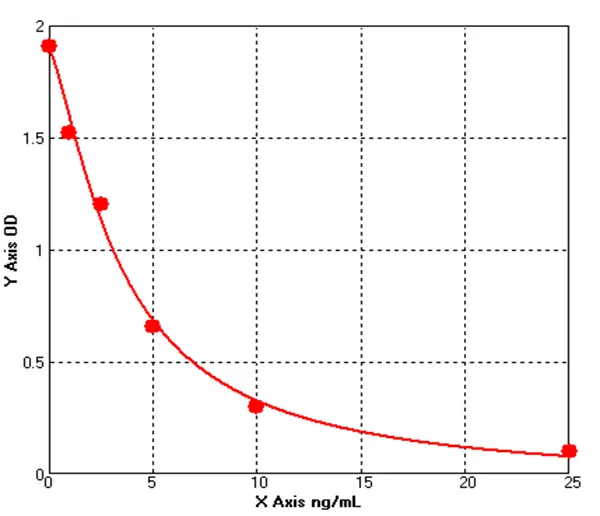ELISA Kits
1. ELISA Kit Introduction
ELISA (enzyme-linked immunosorbent assay, enzyme-linked immunoassay kit) (hereafter referred to as ELISA (enzyme-linked immunosorbent assay, enzyme-linked immunoassay kit)): is the most widely used technique in enzyme-linked immunoassay technology. The basic method is to adsorb a known antigen or antibody onto a solid-phase carrier (polystyrene microplate) so that the enzyme-labeled antigen-antibody reaction takes place on the surface of the solid phase and the free components of the liquid phase are removed by washing. Commonly used ELISA (enzyme-linked immunosorbent assay) methods are the double antibody sandwich method, which is used to detect large antigens, and the indirect method, which is used to determine specific antibodies.
2. Classification of Commercial ELISA Kits
The main types of ELISA kits are: (1) autoimmune detection kits, including ELISA and IFA type diagnostic reagents; (2) cytokine ELISA kits, including human, rat, mouse, rabbit, dog, sheep, monkey, pig-porcine elisa kits, guinea pig, horse type serum, urine, cell culture supernatant detection kits, chicken elisa kits and fish elisa kits; (3) flow cytometry reagents category, including CD series, cytokine (4) latex manual and machine reagents, including turbidimetric detection reagents; (5) endocrine detection kits, including micro-column type detection reagents; (6) tumor marker detection reagents; (7) microbial infectious disease detection reagents, including STD and other infectious disease detection reagents; (8) laboratory instruments, including BTS-330 large-screen semi-automatic biochemical analyzer, MiniNeph MiniNeph microprotein dispersion turbidimeter and related reagents; (9) pcr and related reagents; (10) liver fibrosis detection; (11) monoclonal antibodies; (12) ELISPOT: a new solution for cytokines; (13) special proteins; (14) microchromatography columns; (15) eugenic TORCH; (16) biochemical reagents; (17) antibodies; ( (18) cell lines; (19) other reagents for molecular biology research.



